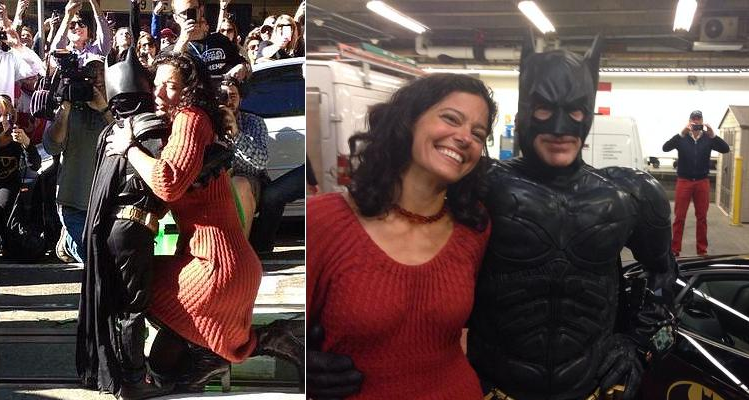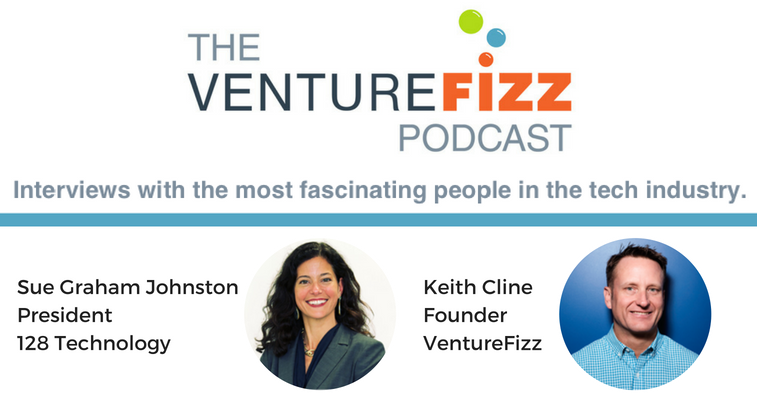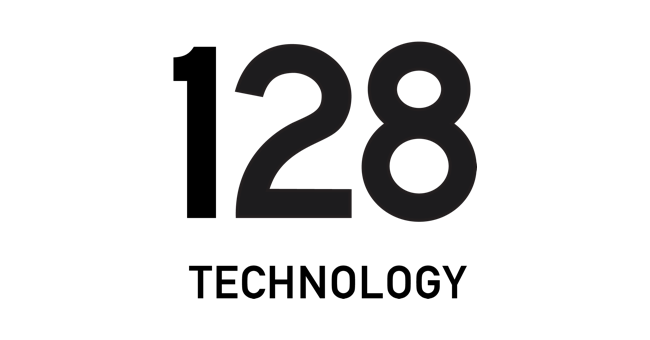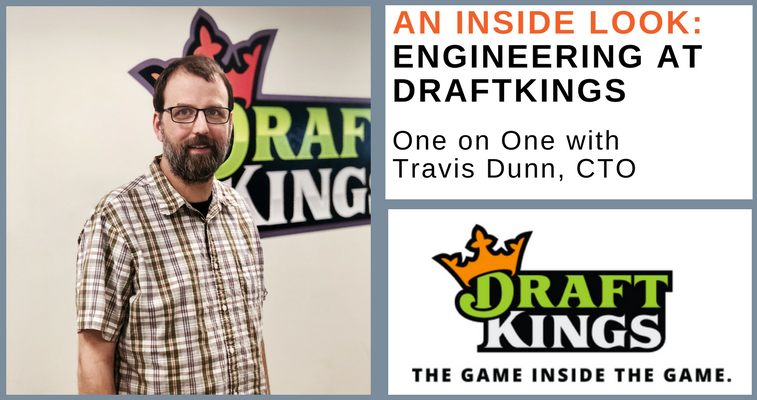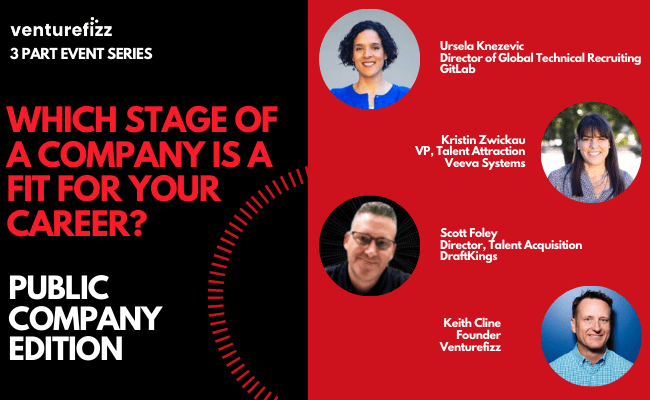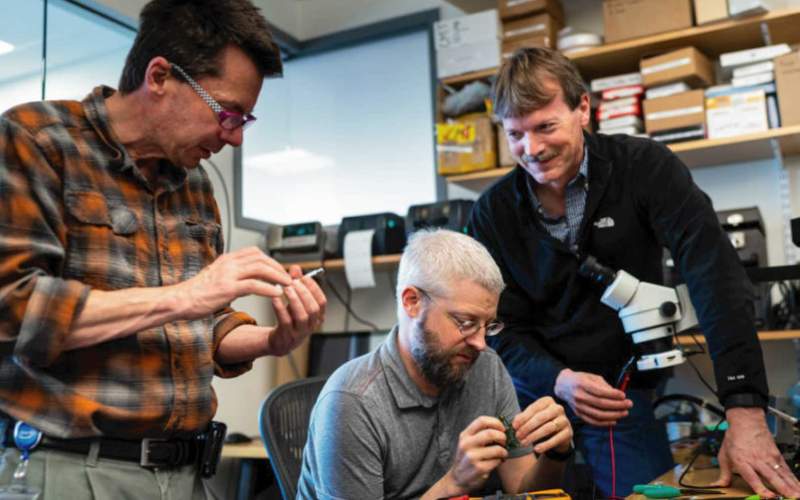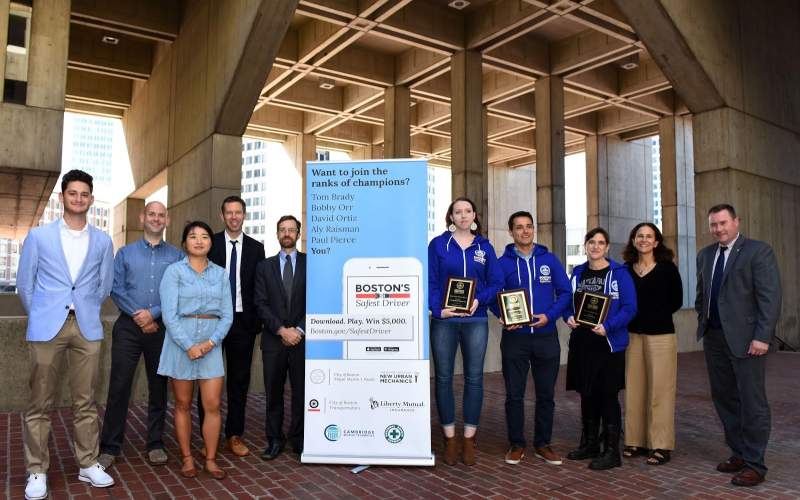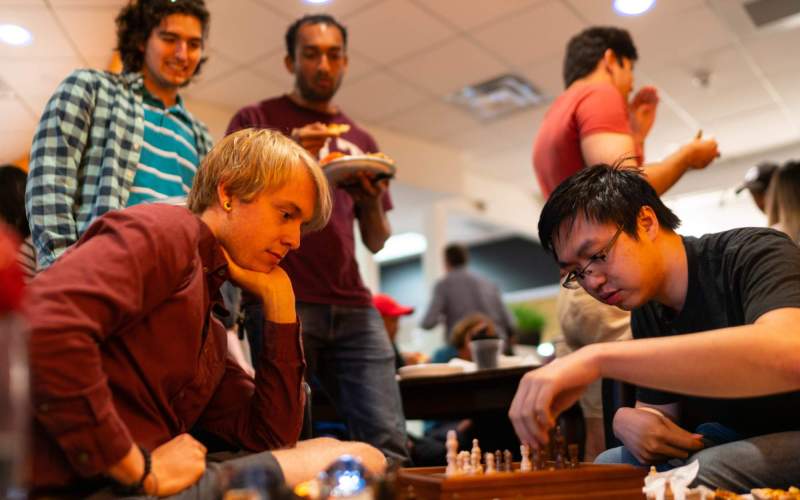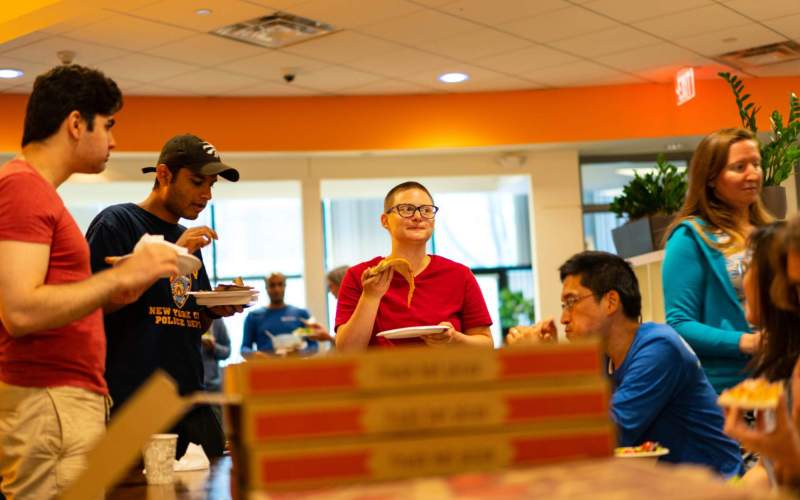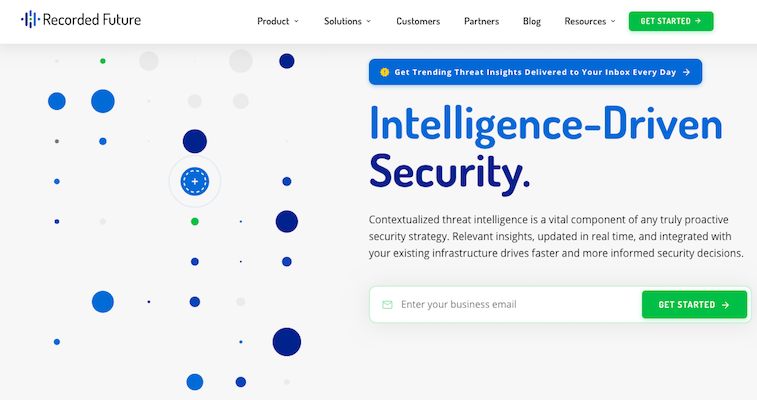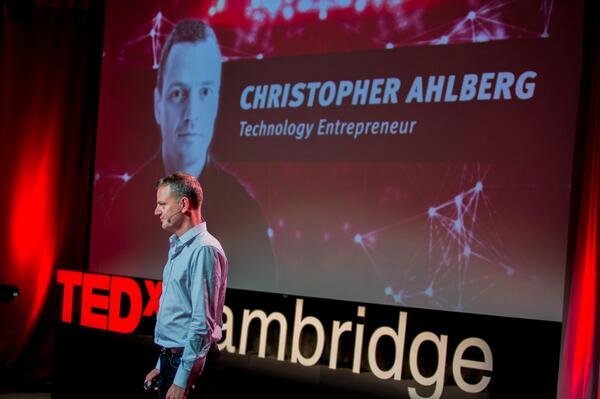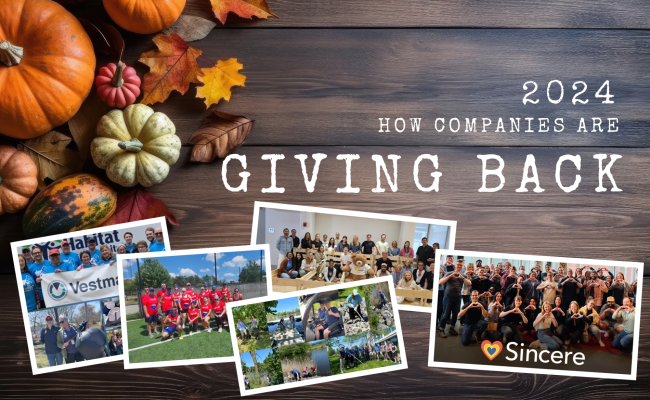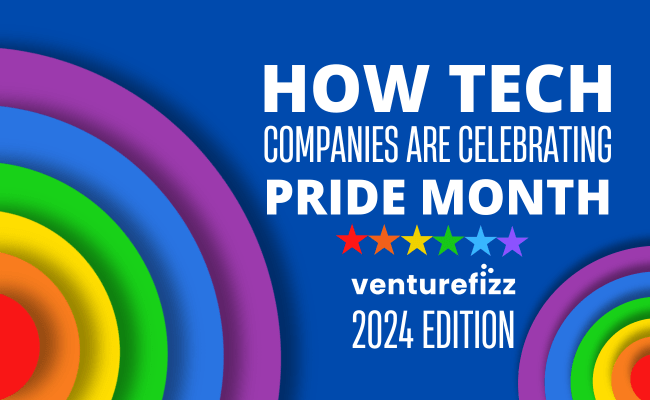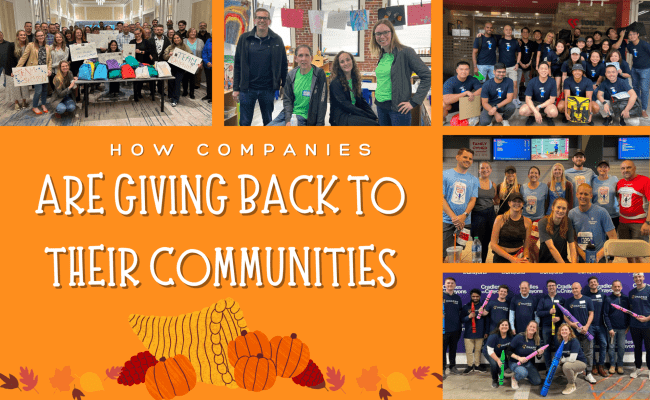DraftKings is a behemoth.
Since its founding in 2012, the sports-tech and entertainment company has become a household name as the leader in daily fantasy sports. While fantasy sports have been around for decades, DraftKings has been a key innovator in this industry, which gives sports fans another way to engage with their favorite sports and athletes.
To build a platform as successful as DraftKings’, you need a highly capable and reliable engineering team, and no one knows that better than Chief Technology Officer Travis Dunn, who joined in early 2014 when the engineering team comprised only six people. Today, that same team—the largest at the company—is over 100 strong, and makes up ¼ of the employee count.
Dunn, a Salt Lake City native, joined DraftKings as Senior Director of Engineering in November 2013, before taking on his current role as CTO this past February. Prior to joining DraftKings, Dunn spent five years at Vistaprint, where he initially met DraftKings’ Co-Founders Jason Robins, Paul Liberman, and Matthew Kalish.
In the months before he joined DraftKings, Dunn was at a point in his life where he wanted to work at an early stage startup, and in late 2013, Jason MacInnes—former CTO and now Head of R&D at DraftKings—invited Dunn out for a drink.
“Jason reached out for us to get together, and once he started talking, I got excited. I knew that if I was going to join a startup, it was going to be in the early stages. And at DraftKings, I knew the people and felt passionate about what they were doing, and I knew I could add value.”
Dunn joined that January as the 30th employee at the company.
“It was very much a startup environment. We were all crammed into this 2,000 sq. ft. office next to the Park Street train station. My interview was actually in the kitchen sitting on a pile of soda water, and I just sat there and met all of the people at DraftKings, which was pretty fun.”
That said, it wasn’t the stereotypical, laid-back startup environment seen in popular media. “Some people think that startups are kind of frivolous, with people joking around,” Dunn said. “That sort of thing was not the DraftKings I walked in to. It was very intense and very business focused, but that’s because everyone was and continues to be so passionate. You felt how hard each employee was working and it’s because of this that I knew it could, and would, succeed.”
It Takes a Special Kind of Team
Being an engineer for DraftKings is something that brings with it many unique challenges.
For instance, DraftKings operates like a bank on the backend because the company’s contests involve real money, so the rules and regulations for playing can differ between states. As a result, the platform’s technology needs to be sophistically built and scalable so that it can determine where a customer is and whether they’re following the rules. “In New Hampshire, you can play at 18, but in Massachusetts the age is 21,” Dunn said. “Because of that, how you interact with the app has to change depending on where you are, so we’ve made sure to have the best possible consumer protections in place as well.”
The specialized engineering challenges go well beyond this. For instance, on game days, traffic can increase drastically and spike at many different times of the day. Take the first Sunday of football season, which Dunn called “our Black Friday and Cyber Monday all rolled up into one.”
“We essentially add 6X the customers on that day compared to the rest of the year, with a massive increase in the number of active users. Doing a lot of load testing and performance engineering going into the summer is super important to us so that, when we go into that first NFL Sunday, we're comfortable that we can handle it. That said, although the start of NFL is particularly busy, our team manages massive traffic spikes and monitors customer engagement daily. There are almost always multiple games being played across multiple sports at any given time, and we need to be prepared for that level of activity on an international scale.”
Customer engagement, he added, is nothing short of “crazy,” and changes moment-to-moment.
The huge traffic changes extend even to the company’s contests, which can range in scale from a head-to-head contest with two people to competitions with 2 million entries.
“Every time a player scores on the field, we have to recompute everyone's relative position in that contest. When you’re sorting a list of 2 million entries, what that means is that the slower we are to update, the more times people press refresh on their phone, which makes spikes bigger and more intense. And that can crash the system, so being able to calculate and adjust quickly is important when you have two million entries.”
He continued, “Normal sorting isn't fast enough. We had to build a custom sorting algorithm for the contest that takes advantage of what we know about the scoring distribution of our customers. Doing that has been huge, and it cut sorting time down to a couple of seconds from what was almost a minute previously.”
Hiring, and What’s Next
One of the largest changes for the engineering team, Dunn said, came from the company’s transition into a multi-product strategy.
“Until very recently, we were pretty much a single product company. As we continue to grow and innovate our product, we introduce different sport categories, ways to play and products. For example, we launched our Leagues product in August 2016 that lets customers play against their friends or family in a private contest; we introduced our stand-alone app, DK Live in September 2016 that offers customers a one-stop destination to get all of their information on their lineups and favorite athletes in one place with updates in real-time; we launched in 5 different countries in the past year and a half, and created multiple ways to play a sport on our platform over the past year.”
This has resulted in significant expansion across the department, and as this continues, Dunn said that the engineering team will likely double in the next 18 months. As part of this expansion, the company plans to move into a new Boston-based office at 500 Boylston Street in Q1 2019.
“We’re hiring at every level, from Director of Engineering all the way down to college hires. We're looking for software engineers, data engineers, and pretty much all roles across engineering. The company’s transformation into this multi-product universe is a big thing for us.”
During our conversation, Dunn laid out a few key attributes he looks for when interviewing someone to ensure they’ll be a good fit. Primarily, strong design skills and the ability to effectively produce code.
What’s not necessary, he said, is being a sports fan. “I would say the passionate sports fan is an actual minority in our engineering team. You're more likely to bond with an engineering person over the board games they play or sci-fi shows or a video game they've been playing, more so than how the Patriots are doing.”
During the interview process, aspiring DraftKings’ engineers can expect a technical deep dive into one’s background.
“What we're looking for is whether you can explain the systems you worked on, and whether you learned them in-depth. We look for curiosity and being able to see the big picture, and how you fit into something. We're also looking for people who can tell stories of working with teams. Working here is super collaborative, and not every company is. People who do well are leaning over the shoulder, giving feedback, offering code reviews, and going up to the whiteboard for design.”
Because of their interviewing process, Dunn said that the company has had very few misfires in hiring, which has more than likely contributed to DraftKings’ world class engineering team.
“It’s among the best engineering teams I've ever interacted with,” Dunn said. “I'm really proud of the group we have here.”
